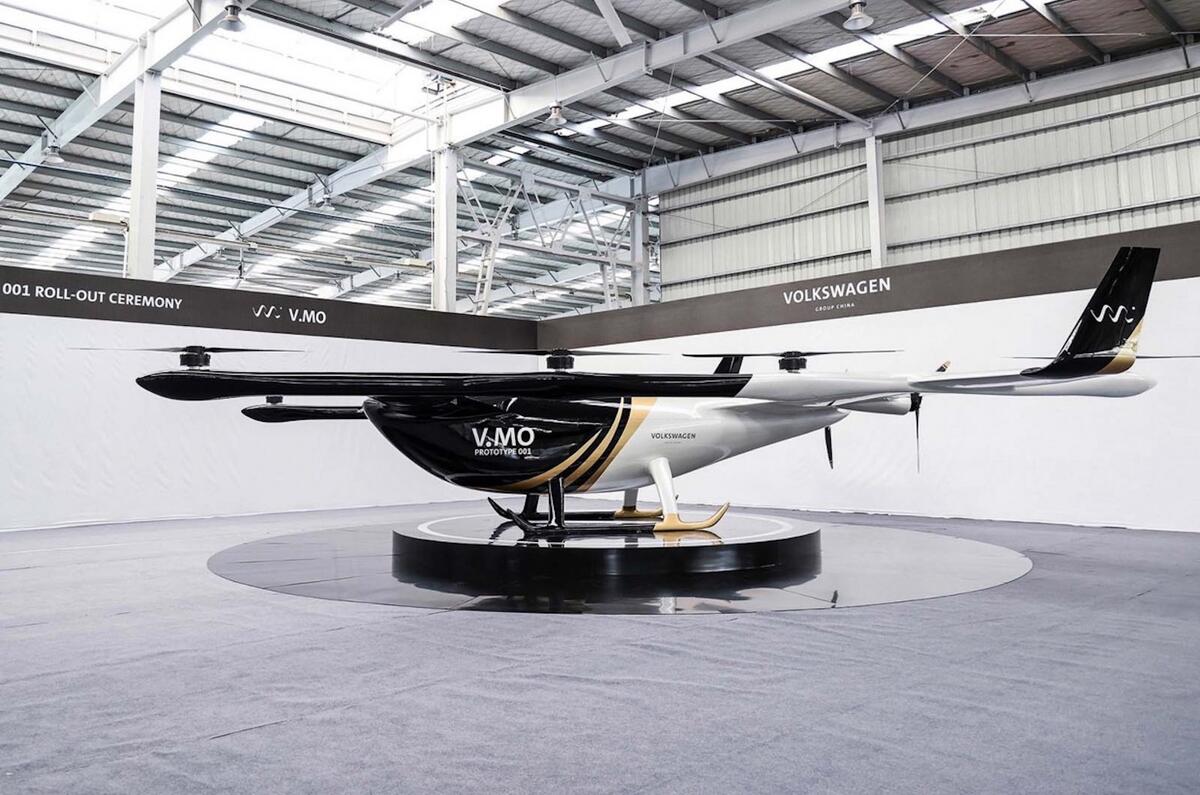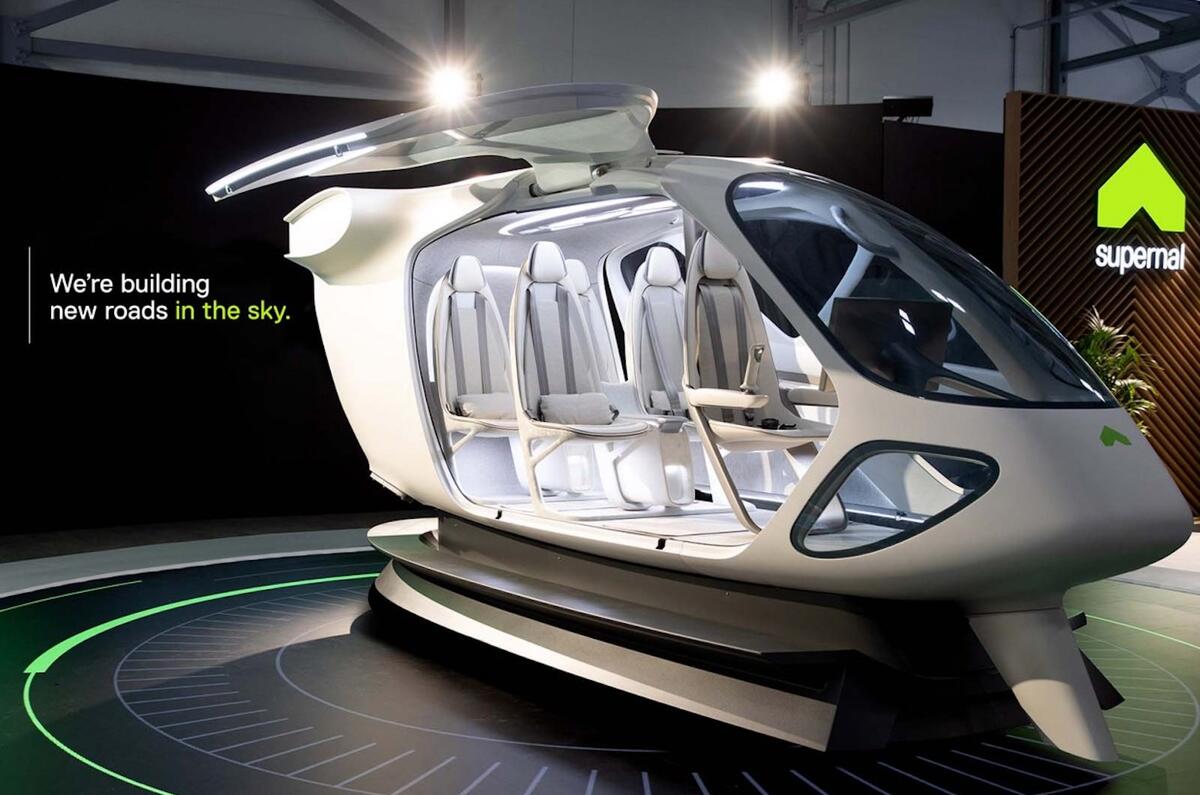One trend that has become increasingly apparent in the past two or three years has been car manufacturers’ growing interest and investment in the burgeoning air mobility sector.
The prospect of diminutive eVTOL (electric vertical take-off and landing) aircraft – or, as they are often referred to, air taxis – ferrying a handful of passengers or deliveries from one city to another may still seem rather distant at present.







Add your comment